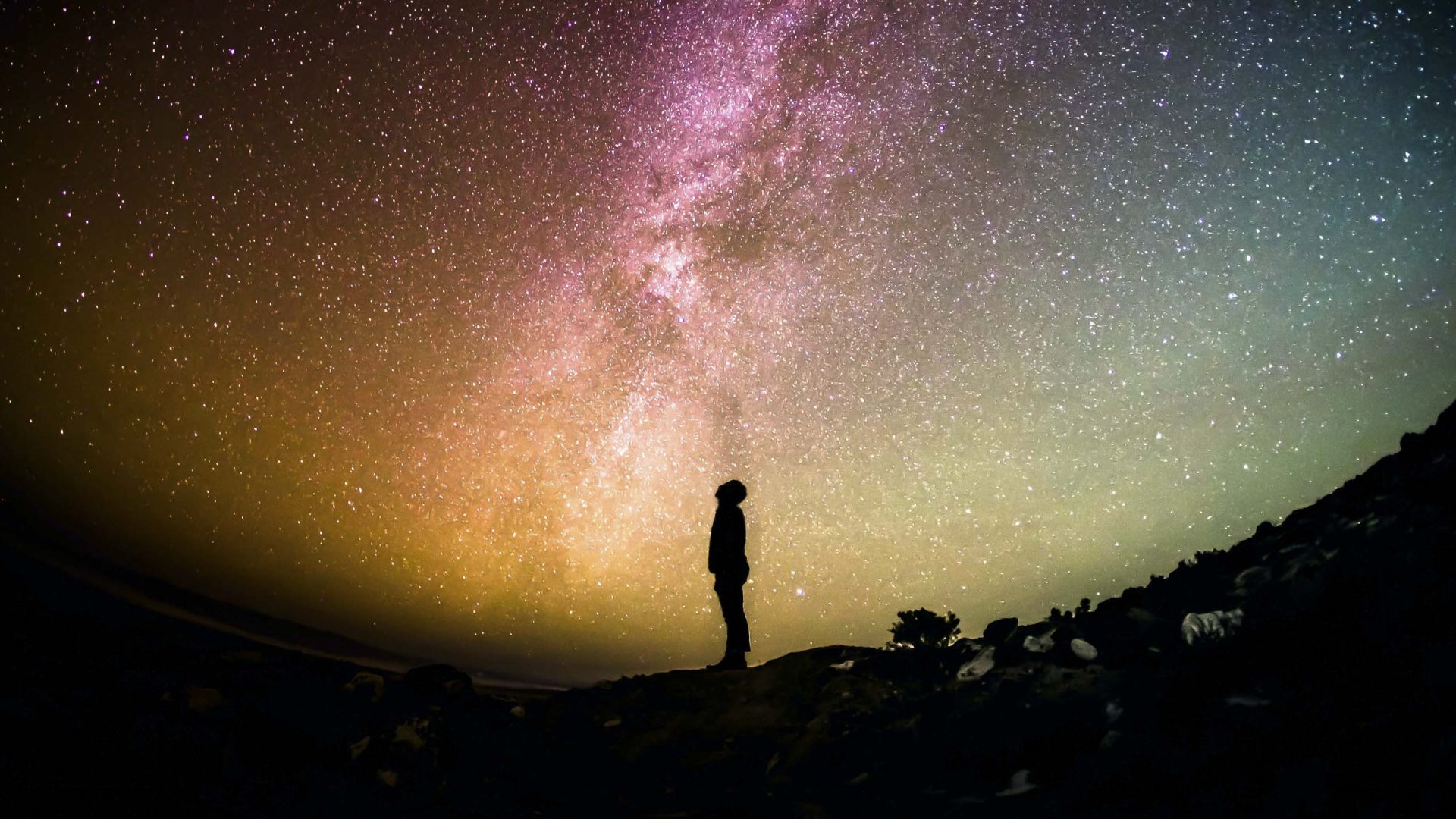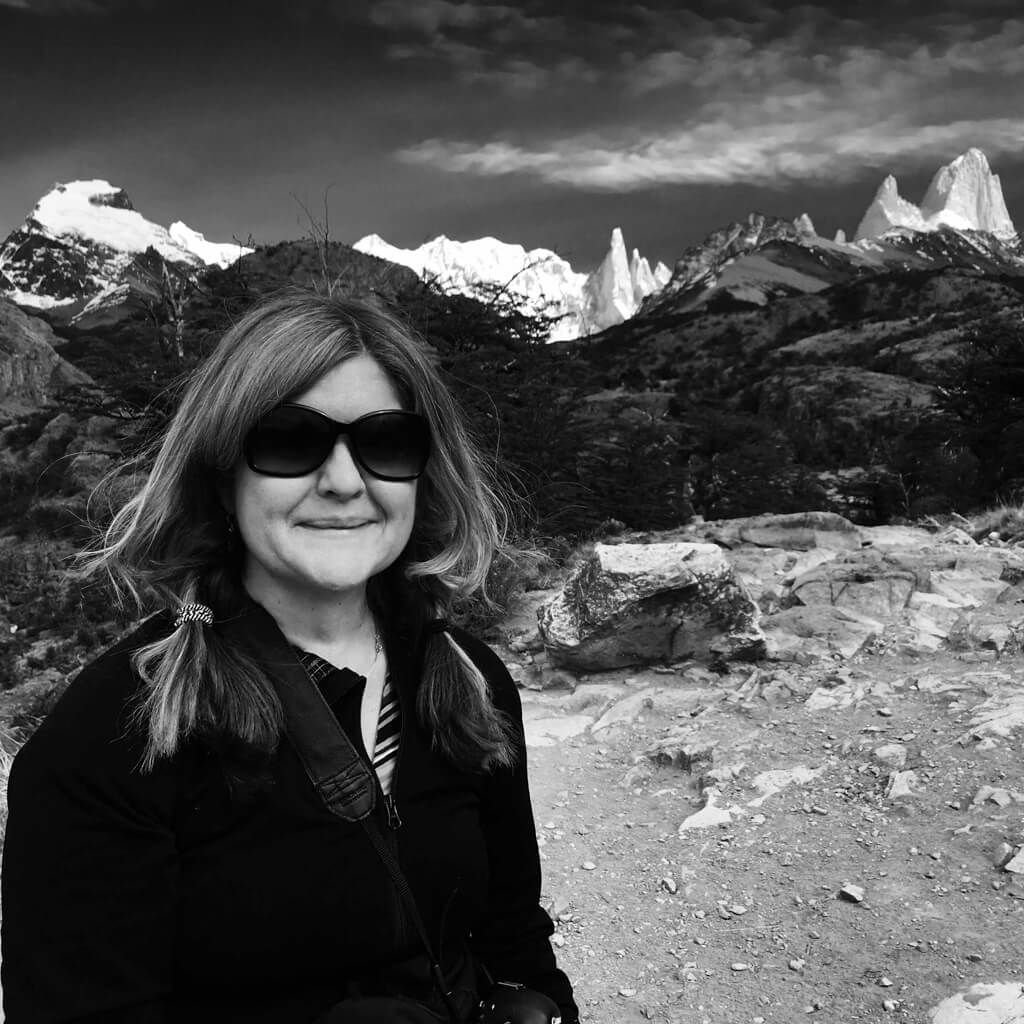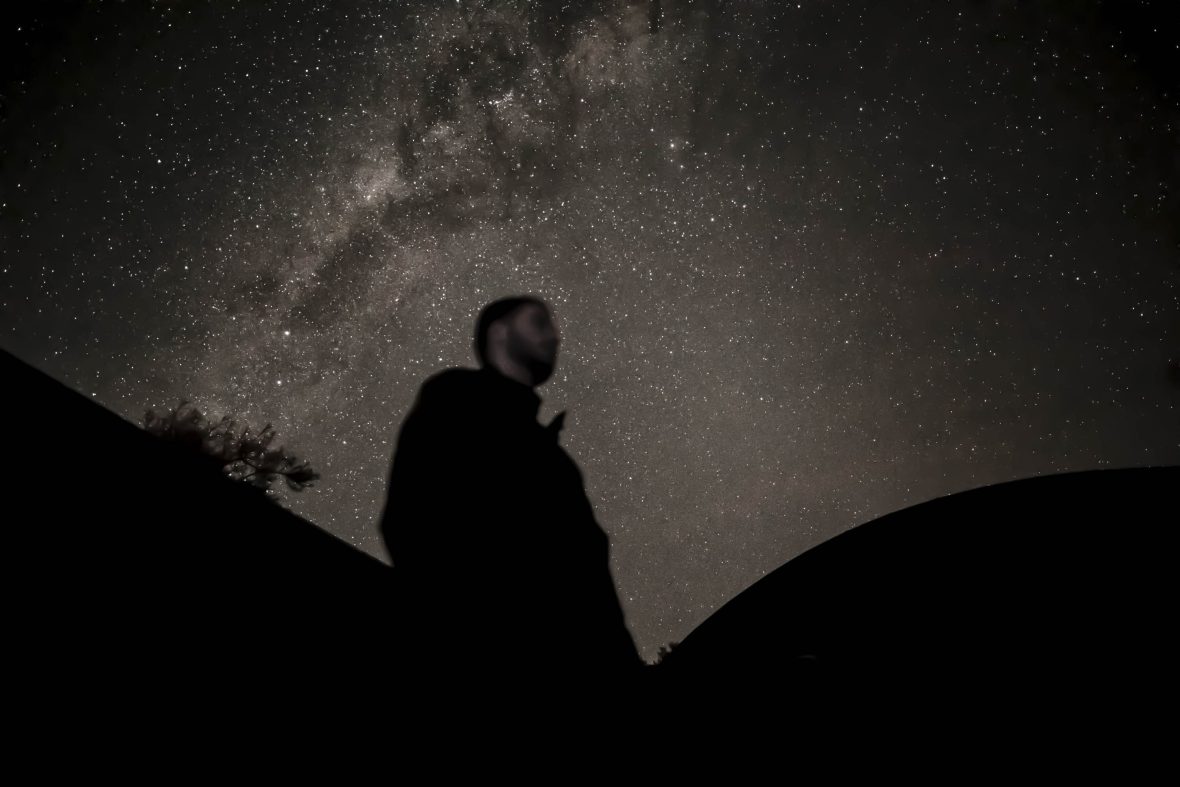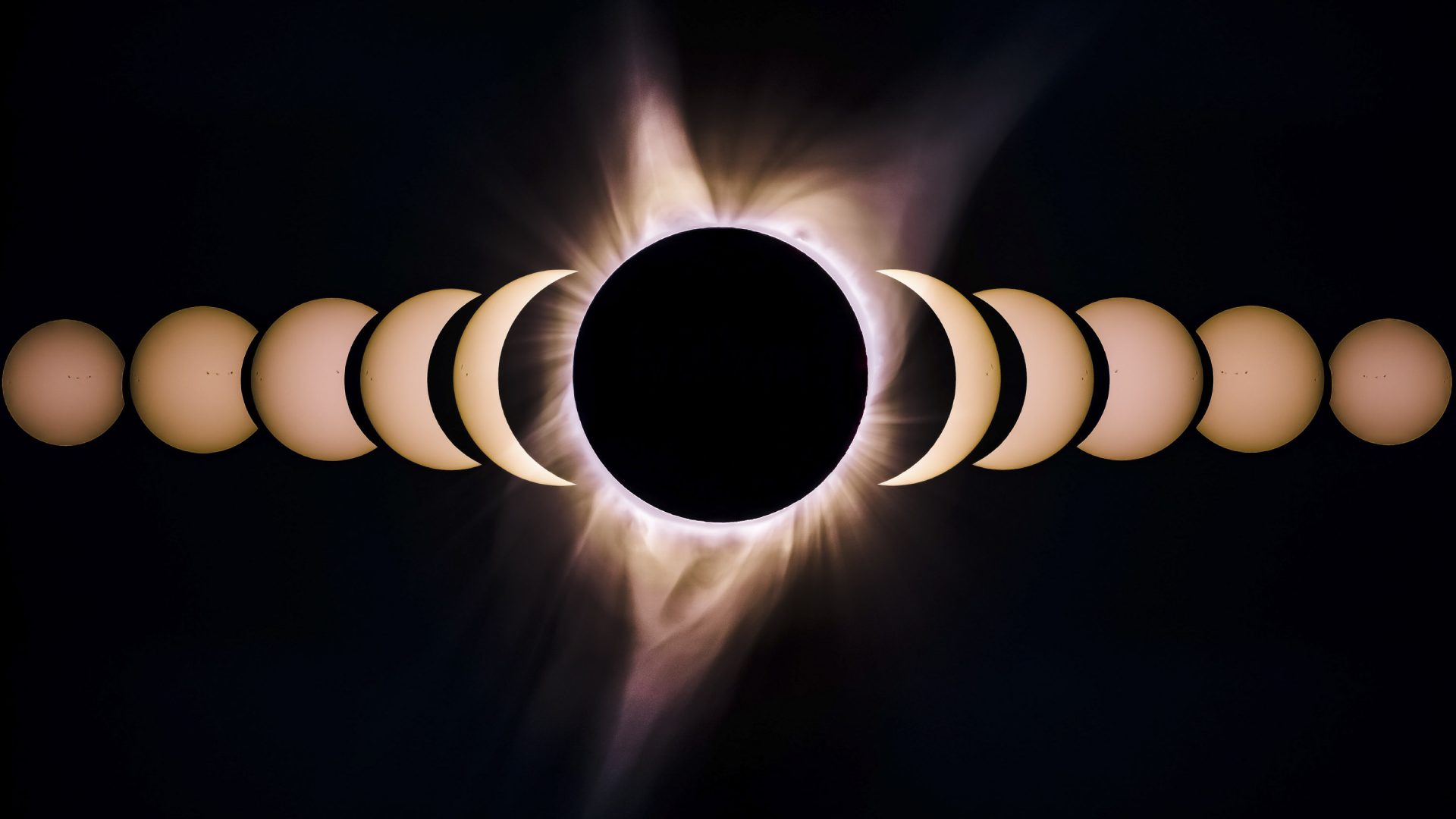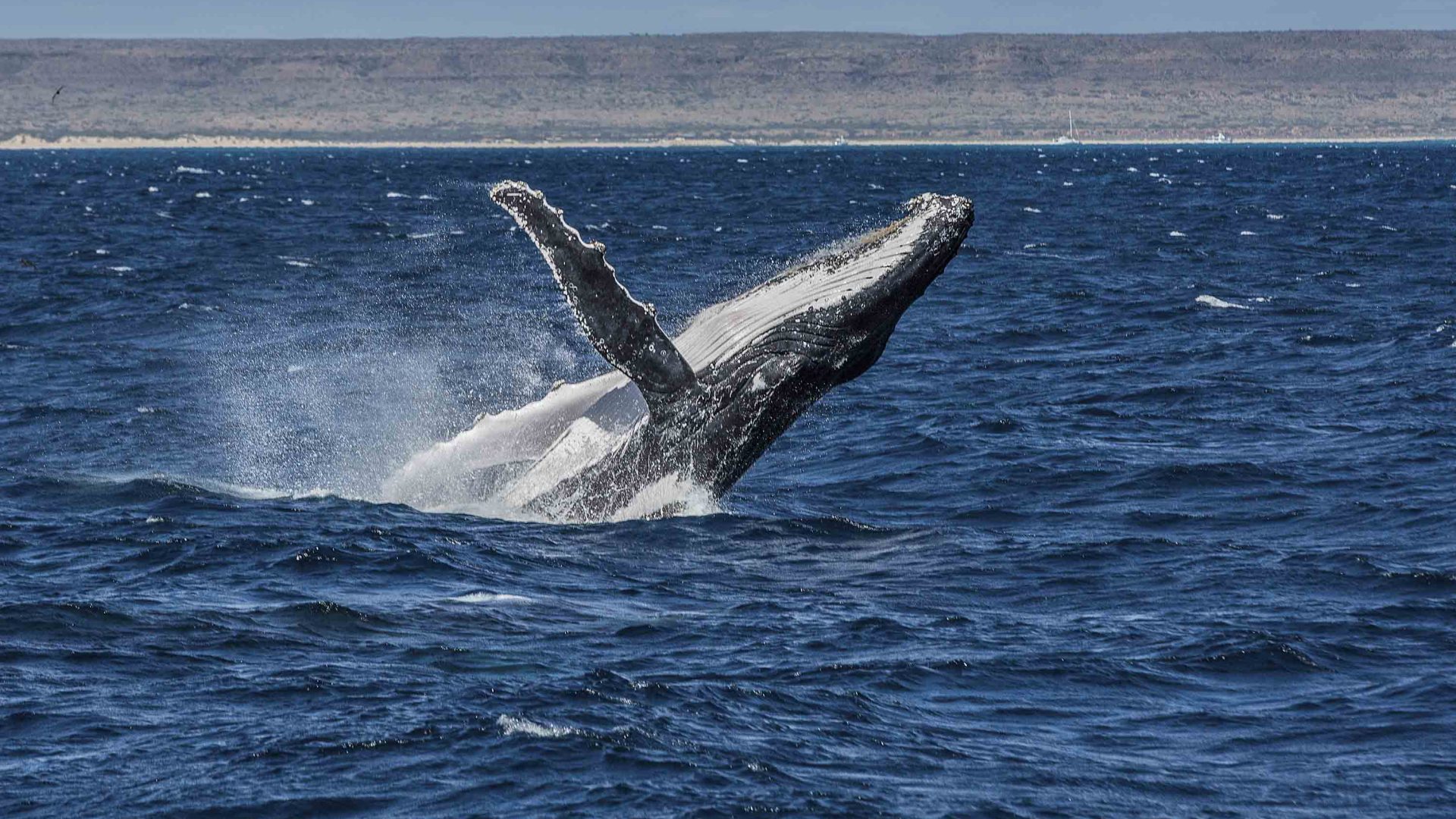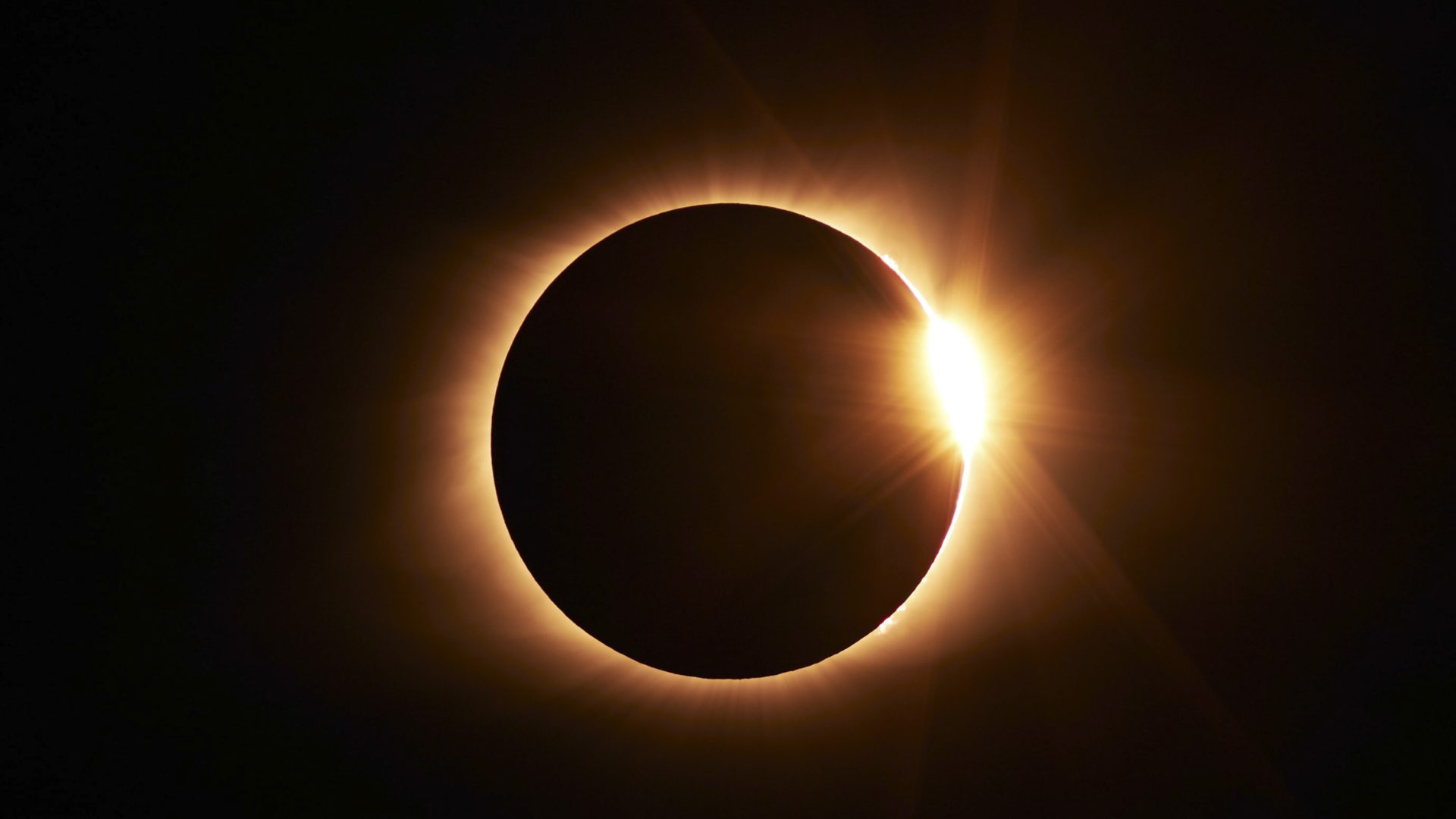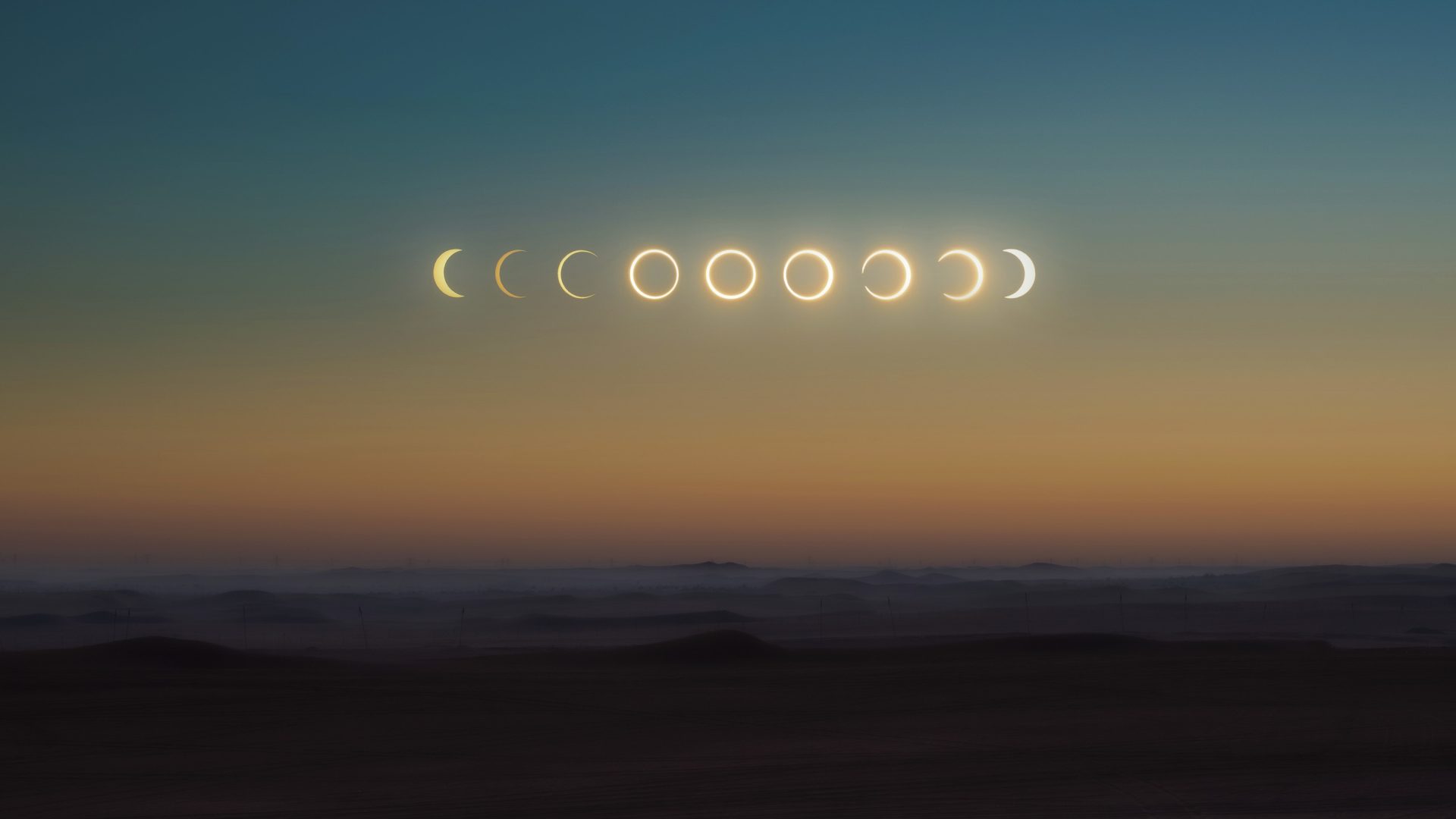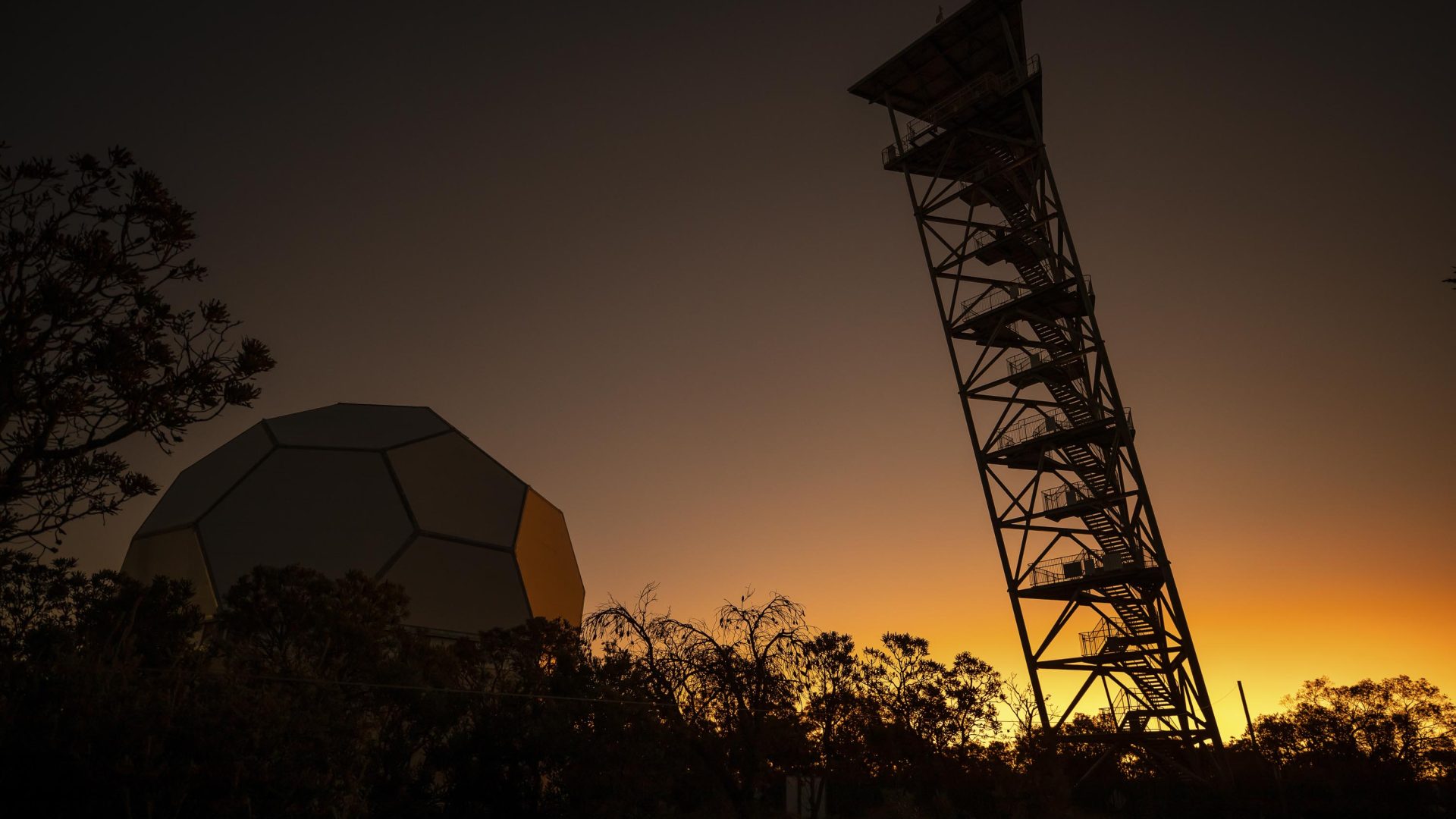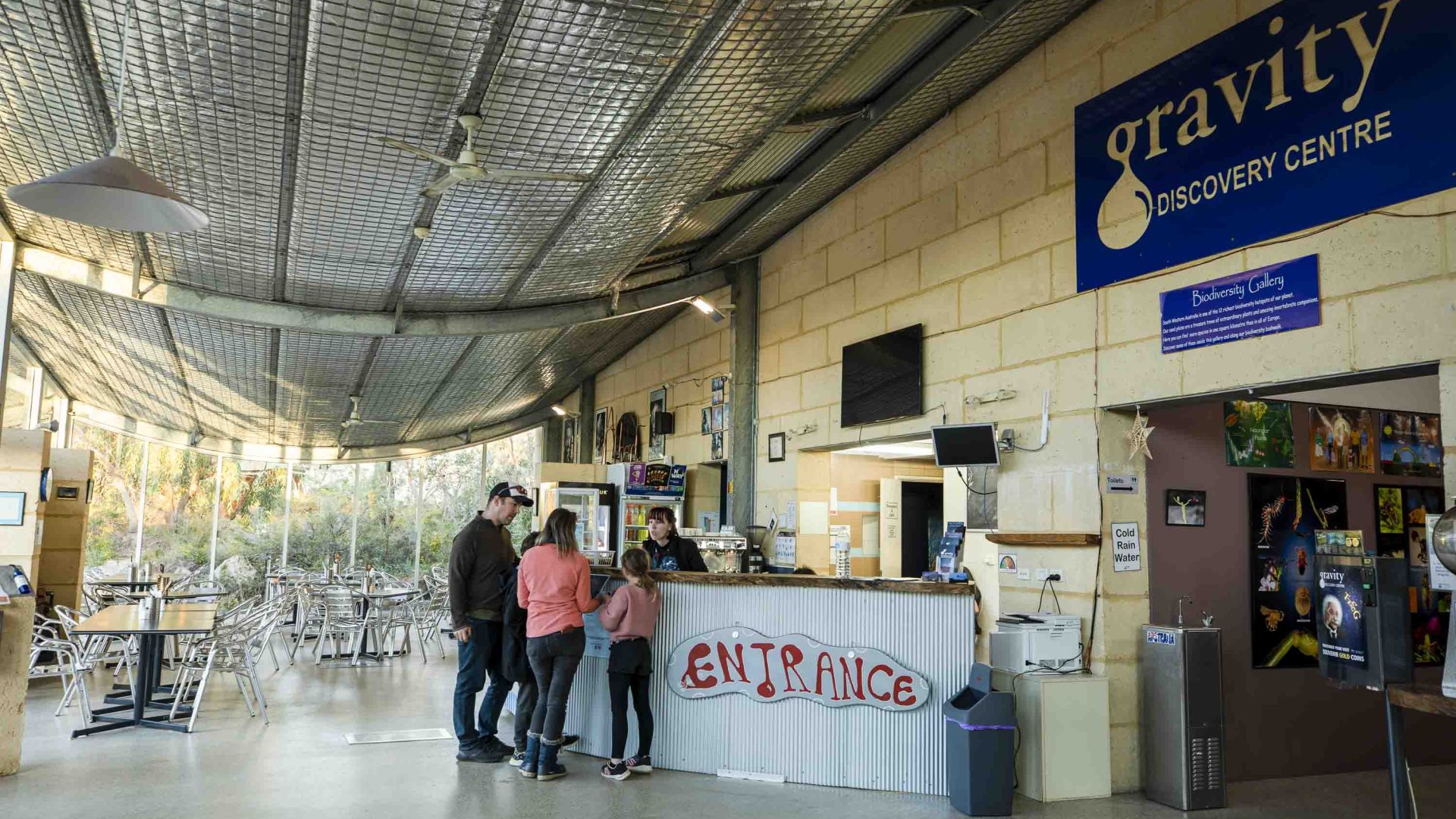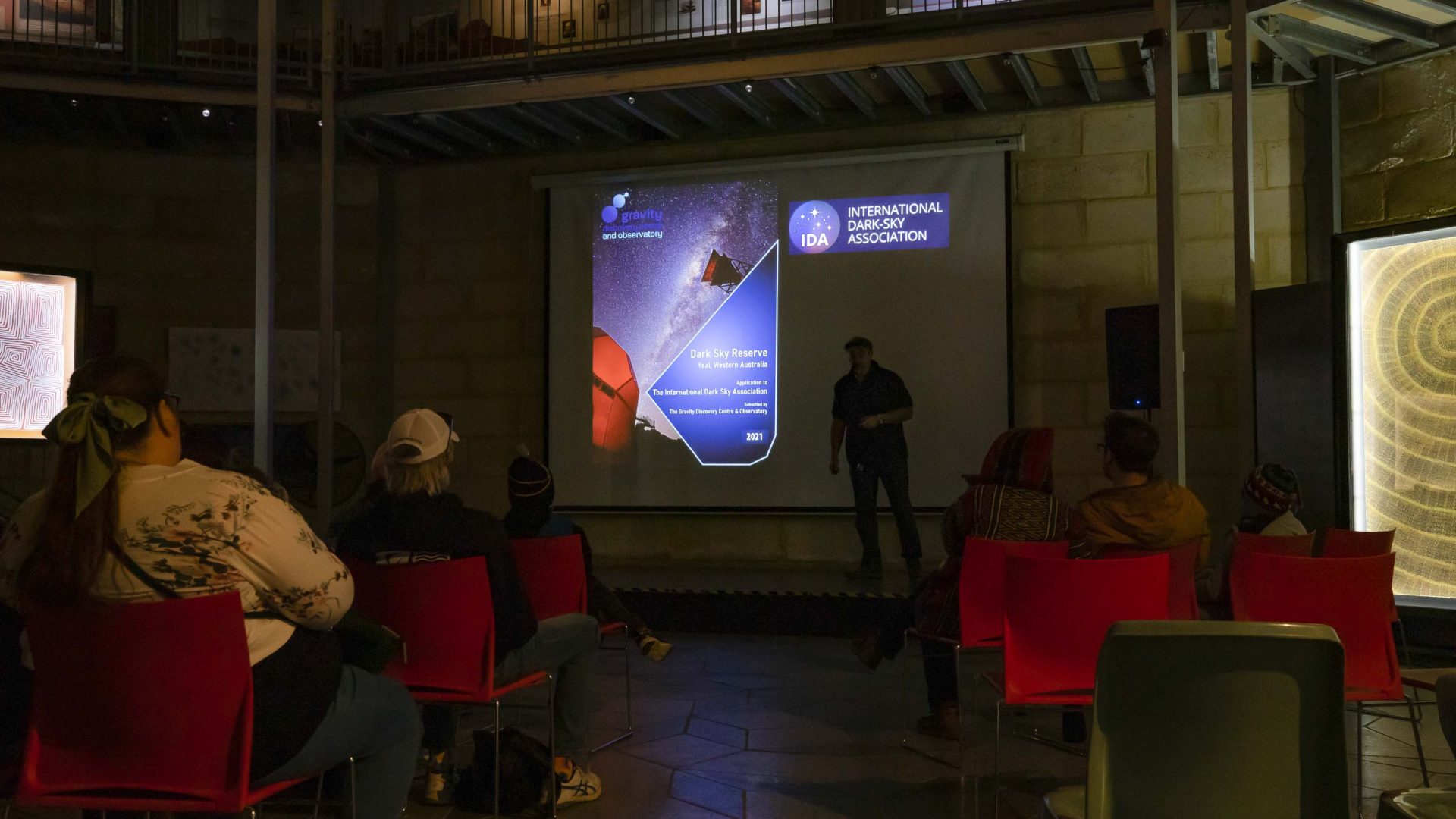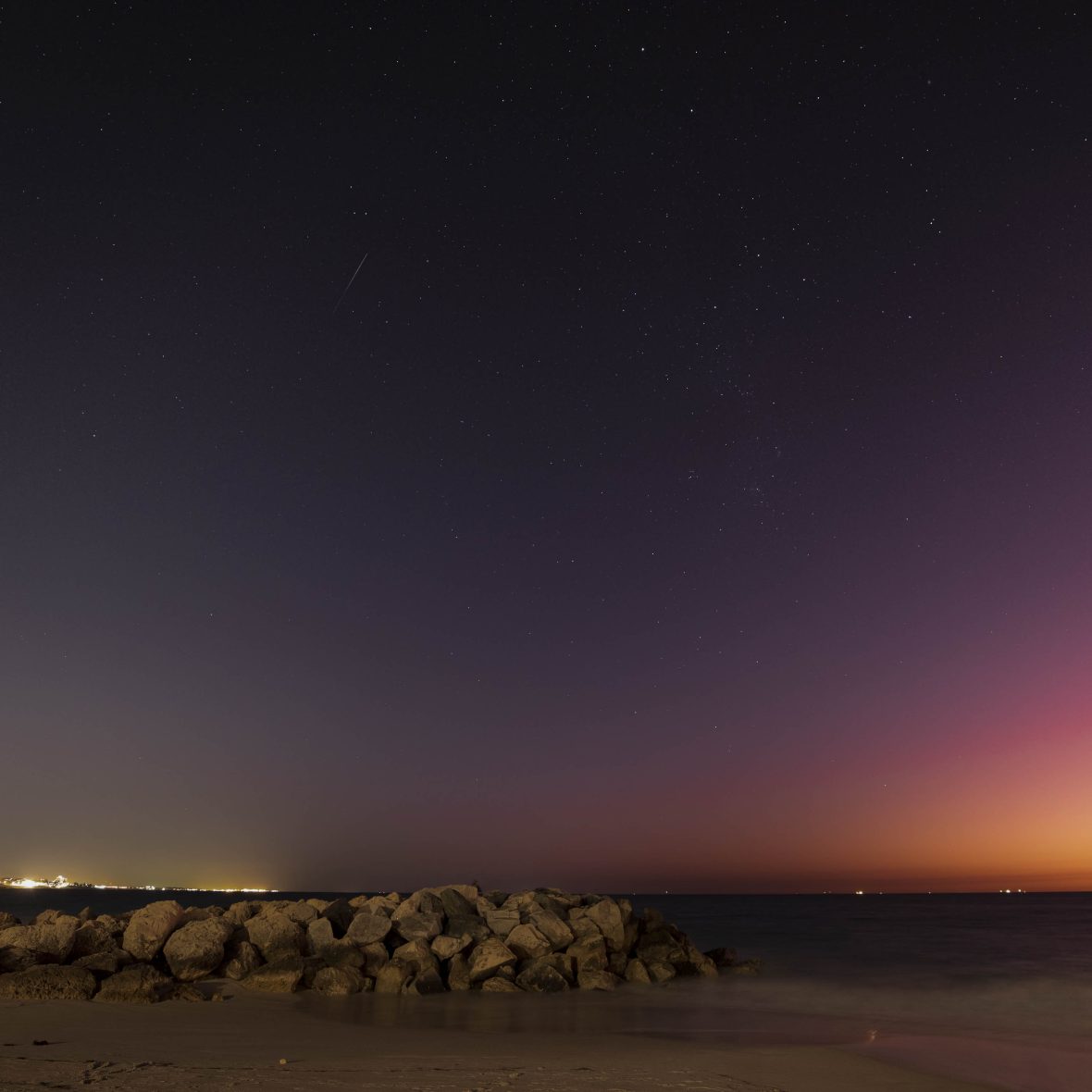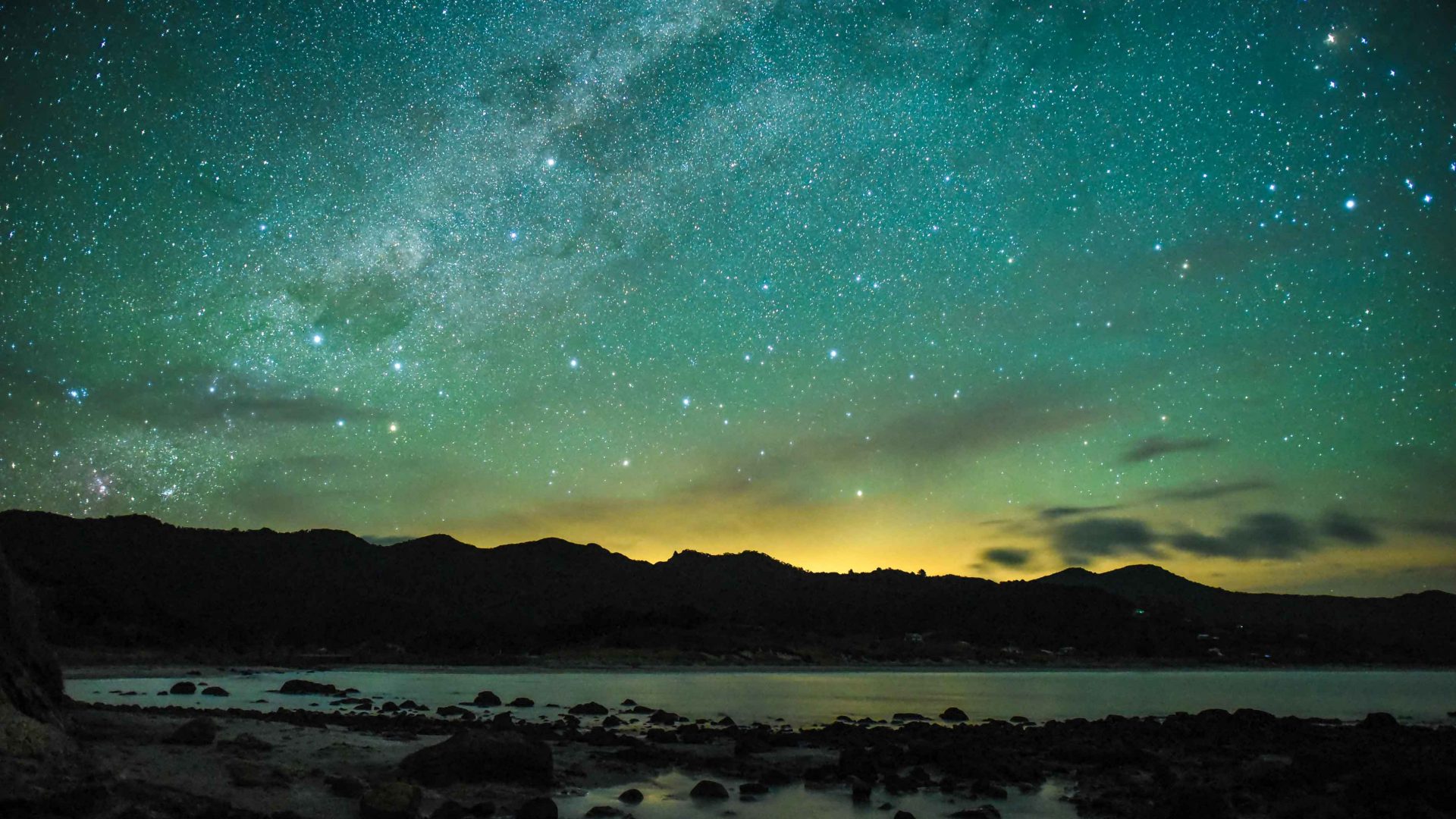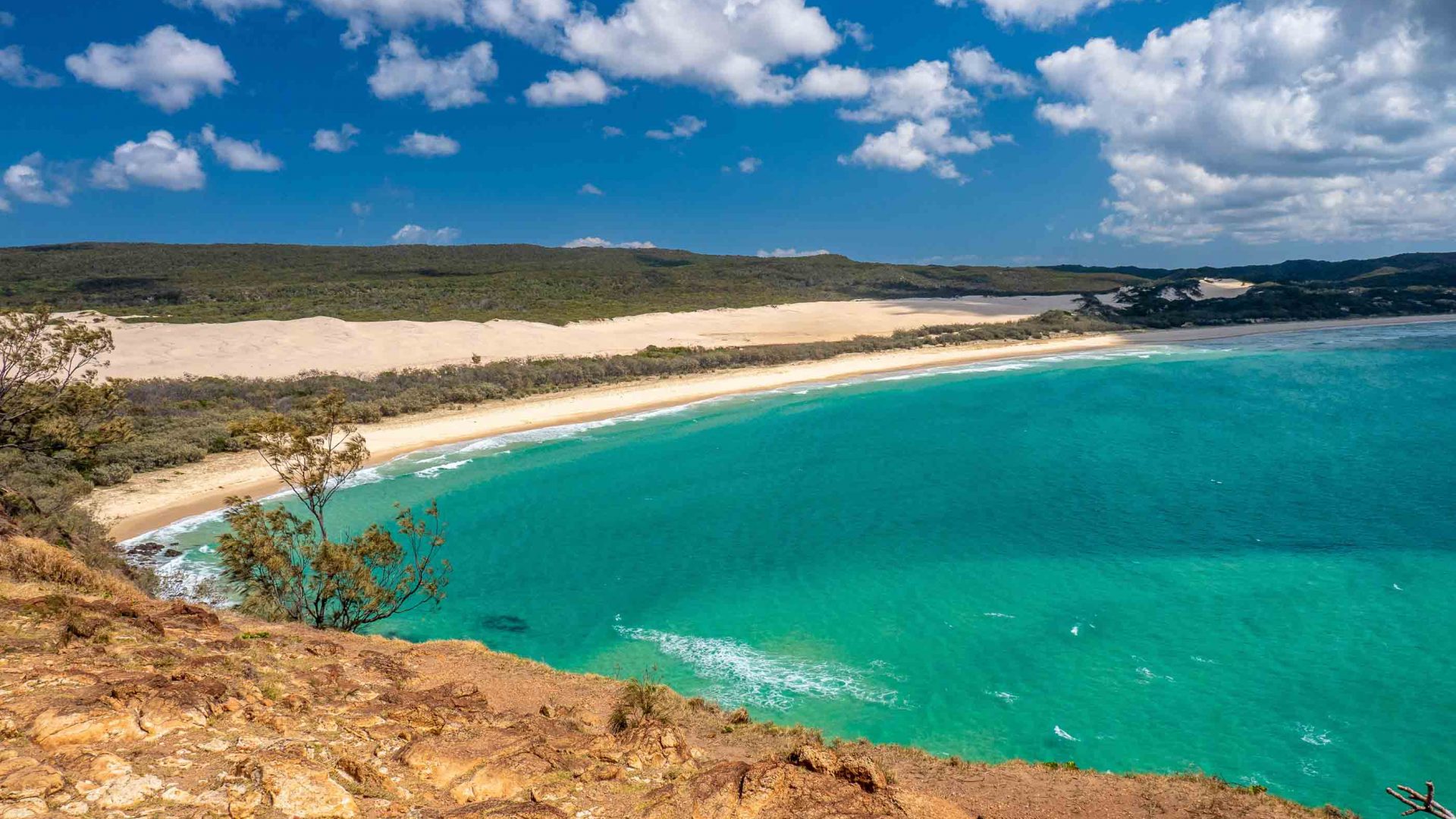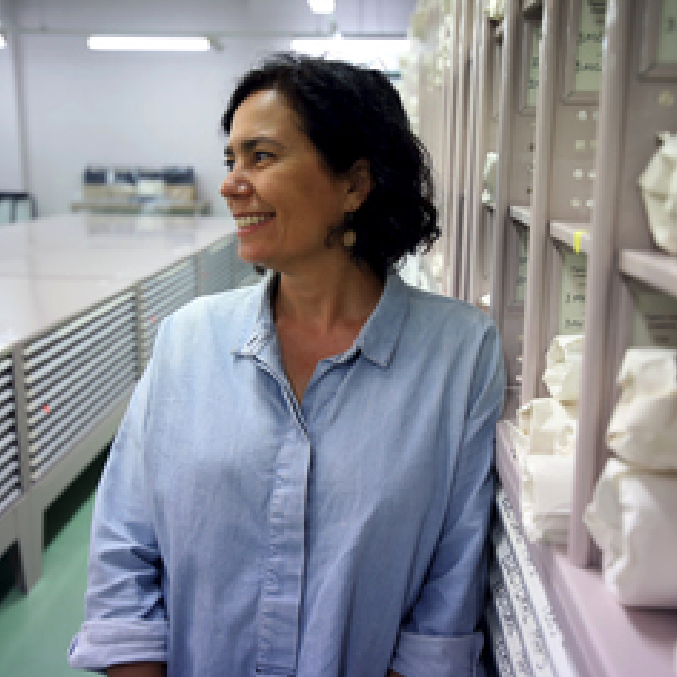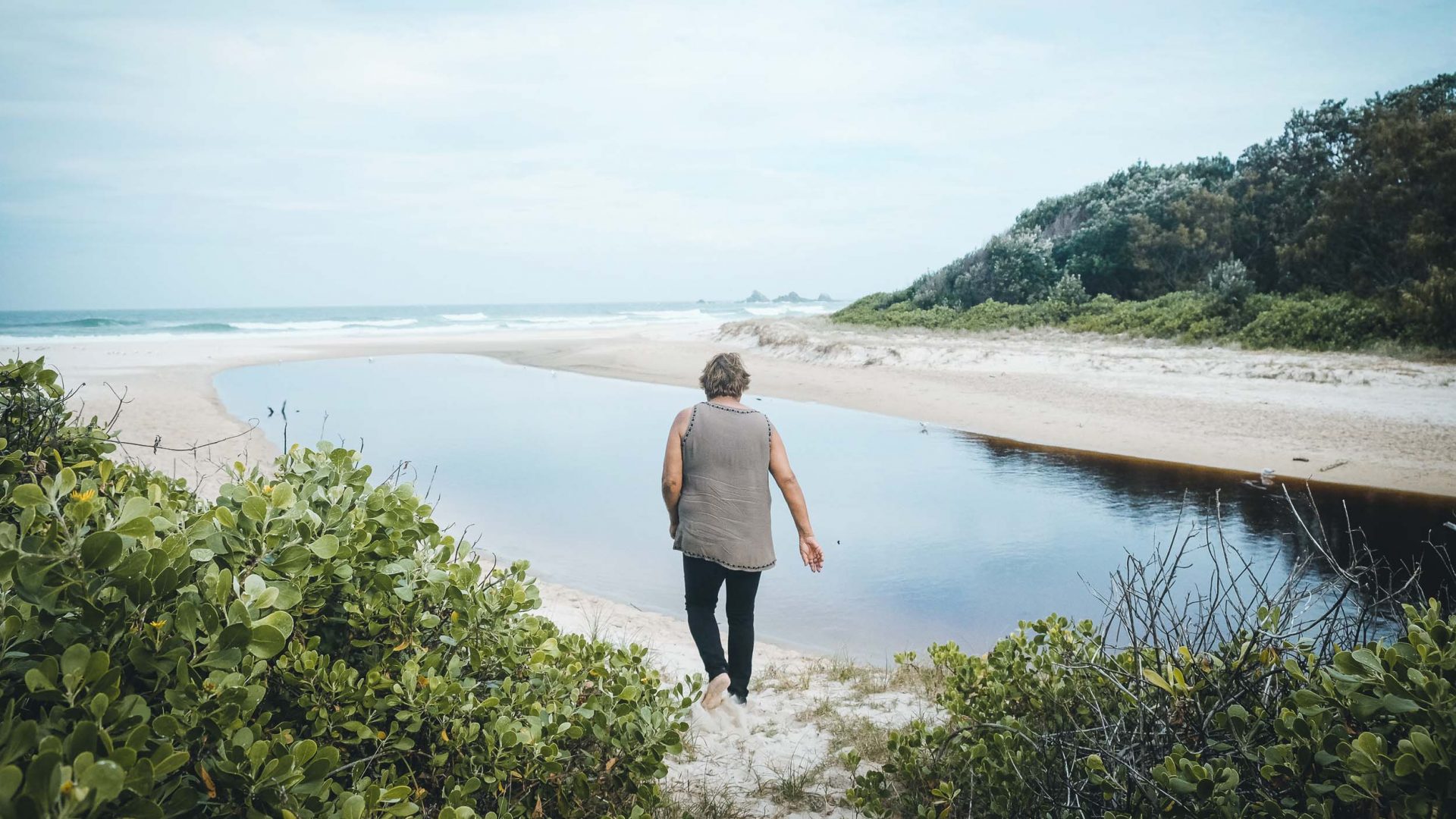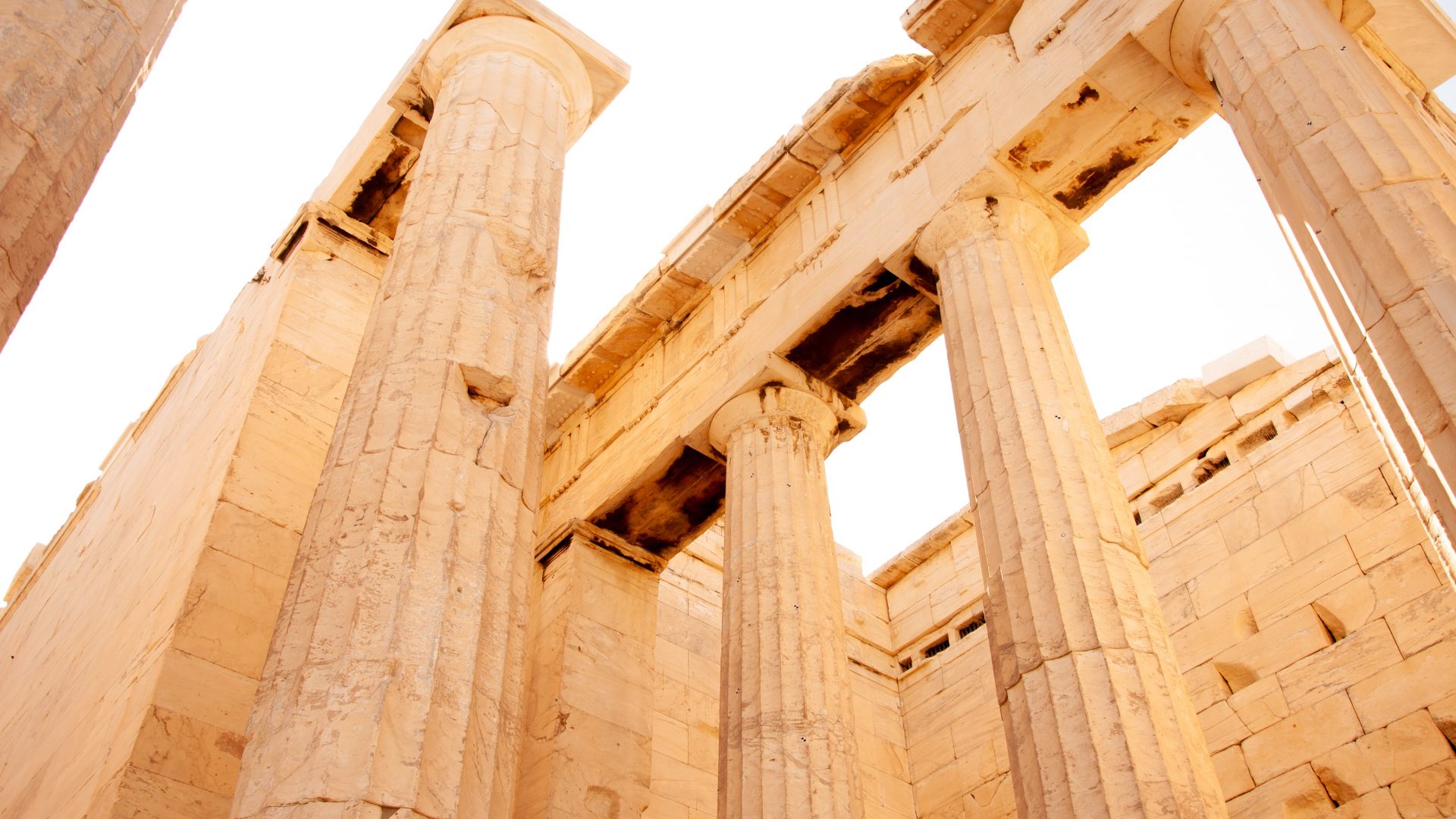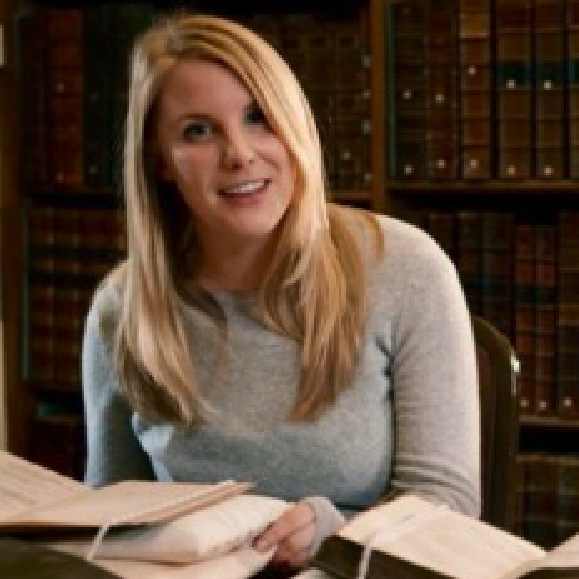I’ve witnessed more than one life-changing epiphany brought on by being out under Australia’s canopy of stars. Kununurra-based photographer Ben Broady even credits the night sky with restoring his faith in life.
This year, he tells me, he packed up his 4WD with camping gear, his camera and his dog Kobi “to head bush”. Once the sun had set and the Milky Way appeared, he says he lay there in awe, and a nostalgic, familiar feeling came over him. He realized then that, “it was always there, all the inspiration and motivation I thought I had lost, in the bush under a Boab tree and the Milky Way. Tears were streaming down my face and I could barely sleep from the profound experience.”
Like Australia’s first astronomers, Broady was witnessing the forces of nature told in Indigenous stories, sleeping on the ground for days, and letting the sky and the earth envelope him. “The universe is part of Aboriginal culture from Dreamtimes way back” says Kevin Barron of the Beemurra Aboriginal Corporation. People were accustomed to sleeping under the stars, On Country (physically on traditional land of their Indigenous group), and in tune with the signs and seasonal shifts that helped them to survive.
The sky has the power to remind us of our place in the cosmos, as well as shedding light on how we exist on our own, fragile planet. While our terrestrial concerns are far from petty, especially in these times of war, climate change and economic crisis, they can temporarily pale into insignificance when put in front of a meteor shower, shooting star or the Milky Way. To paraphrase Oscar Wilde, we may all, at one time or another, be in the gutter, but there’s often spiritual salvation and hope if we can turn our gaze to the stars.
